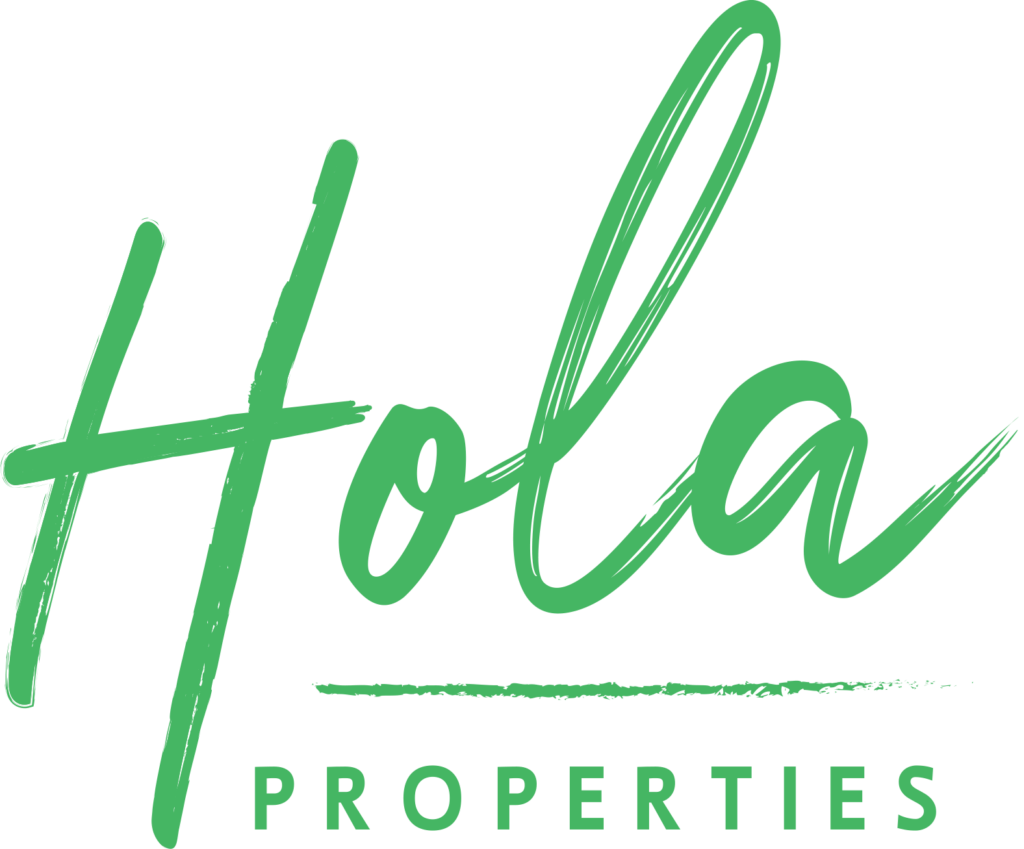Navigating the Legalities of Real Estate Purchases in Spain
Purchasing property in Spain is an exciting prospect whether you’re looking to bask in the Mediterranean sun, enjoy the vibrant culture, or invest in a burgeoning real estate market. However, before signing on the dotted line, it’s crucial to be well-informed about the legal requirements that the Spanish law mandates. Here’s what every prospective buyer should expect from their real estate agent in terms of minimum legal information.
Property Essentials: Description and Location The first piece of information you should receive is a thorough description of the property, along with its exact location. This encompasses the property’s dimensions, boundaries, and the physical address, providing a clear picture of what you’re investing in.
Financial Transparency: Sale Price Transparency is key in any transaction, and the sale price should be clearly communicated. This includes not only the asking price but also any additional fees or taxes that may apply to the purchase, ensuring that buyers can plan their finances accordingly.
Who Owns the Property? Understanding the chain of ownership is non-negotiable. The agent must provide a detailed history of the property’s ownership to confirm that there are no legal disputes or potential complications that could affect your purchase.
Are There Any Liabilities? It’s not just about who owns the property, but also what liabilities come with it. This includes any debts, liens, or encumbrances that may be attached to the property, which could be transferred to the new owner if not properly addressed.
Energy Efficiency: A Must-Know In an age where sustainability is becoming increasingly important, knowing the energy efficiency of your potential new home is vital. The Energy Efficiency Certificate gives insight into the property’s energy consumption and CO2 emissions, impacting not only the environment but potentially your utility bills as well.
The Nuts and Bolts: Building and Construction Information Before you purchase, you should be well-informed about the construction of the building. This means understanding when the property was built, the materials used, and any renovations or alterations that have been made.
Rules to Abide By: Regulations and Restrictions Lastly, any applicable regulations and restrictions that apply to the property must be disclosed. This can include zoning laws, building restrictions, or community rules that could influence how you use your property.
These requirements are not merely guidelines but are enshrined in Spanish law, specifically the “Ley de Ordenación de la Edificación” (Building Regulations Law) and the “Ley de Propiedad Inmobiliaria” (Real Estate Property Law). Adherence to these laws ensures that all parties are protected and that the real estate transactions are conducted with due diligence and integrity.
Purchasing property is a significant decision, and in Spain, the law ensures that you’re equipped with all the necessary information to make an informed choice. So, when you’re ready to take the plunge into the Spanish real estate market, make sure your agent is not only knowledgeable but also compliant with these essential legal requirements.
Here at Hola Properties, we can guide you through all of this and you can have total confidence that you are in safe hands. As a registered client, you will always be provided with all of the legal information required to make an informed decision on any property.
Just get in touch now or join Club Hola quickly and easily by just clicking here
To see helpful advice videos about buying a property in Spain, just click here




